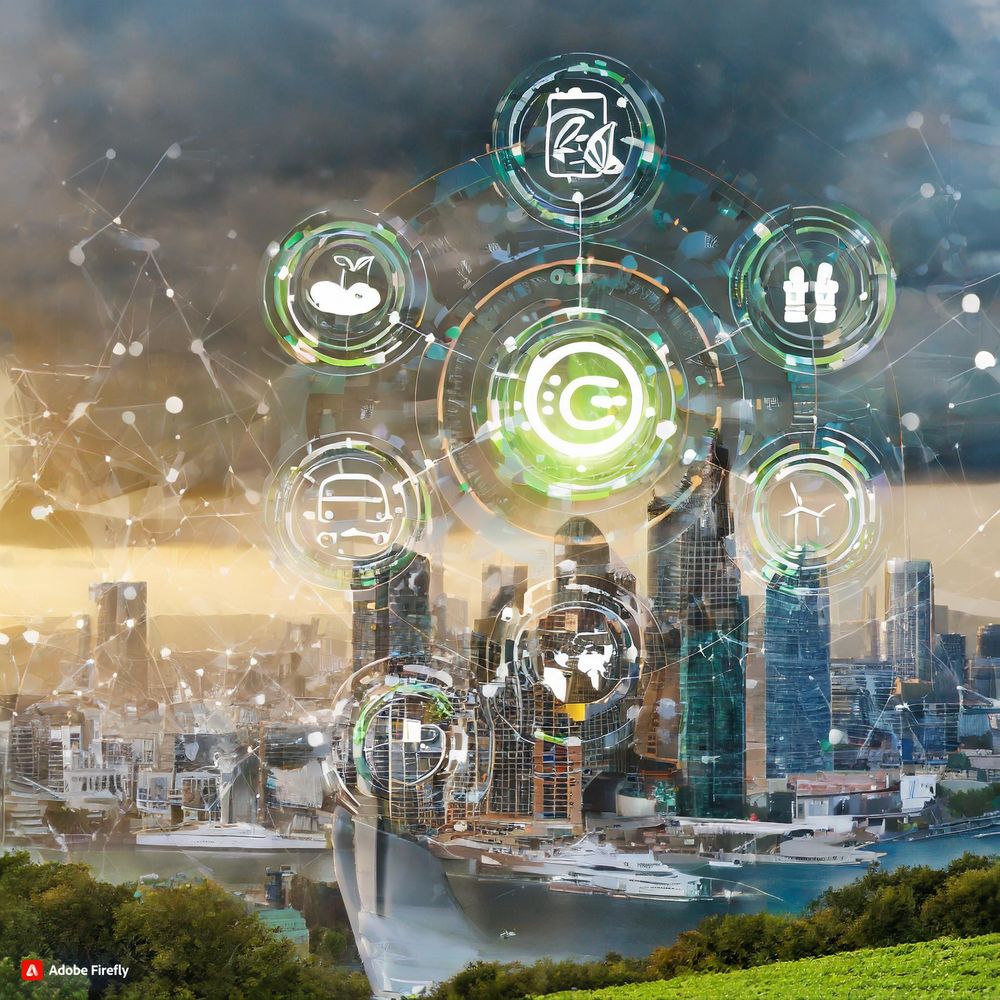For businesses, 2035 is tomorrow

What Are the Main Challenges Businesses Will Face in 2035?
2035 is just around the corner! The challenges ahead are those that businesses are already facing today: digital transformation, environmental sustainability, and continuous innovation. A company must be agile and capable of adapting quickly to changes. Tackling the challenge of technological and geopolitical monitoring is crucial. To survive, every company needs a long-term plan, ideally spanning 15 years, and a clear vision of its future in an ever-evolving world. This applies to small and large companies alike, across all countries.
Companies must be ready to embrace change and seize opportunities rather than create conditions to resist them. They need to understand the world around them and anticipate future trends.
Are Companies Already Prepared?
It depends on the company. Most large global companies, faced with competition, are already on this path. With globalization and the Internet, even small businesses are facing international competition and have access to the global market. Many companies are already adapting to these new realities by investing in cutting-edge technologies and adopting sustainable practices.
Flexibility, Agility, Adaptation: What Organizational Changes Are Needed?
Three business models are likely to emerge progressively:
1. Individual Entrepreneurs: Increasingly, people are becoming consultants or freelancers attached to one or several companies on a temporary basis.
2. Temporary Companies: Groups of people will come together around a project for 5, 10, or 15 years, then separate, and the company will dissolve.
3. Sustainable Companies: These companies embody an ecosystem rather than a product, like Google or Apple. They must excel in innovation, anticipate future needs, and identify the necessary talent accurately.
Is It the End of Focusing on Core Competencies or Factory-less Companies?
Focusing solely on core competencies or being a factory-less company seems suicidal. Added value comes from production or diversified services. A company must be adaptable and not centered on a single product, or it risks disappearing, as seen with Nokia and Kodak. The era of monocentric companies is over; diversification and agility are essential for survival.
What Is the Future of Corporate Finance?
A sustainable company works in the interest of future generations: consumers, the environment, employees, and shareholders. It needs long-term shareholders. Short-term shareholders, like those created by high-frequency trading, are harmful to businesses. Long-term capital stability is crucial, with voting rights proportional to the duration of stock ownership. Long-term shareholders, like families and the state, are the best if they are demanding and sustainability-oriented.
Given the Power of Current Financial Markets, Is This Vision Realistic?
The current system is likely to change due to a crisis in the global bond market, which will challenge excessive financing practices. The stock market is not the only way to obtain capital; long-term private equity is a more viable alternative for long-term shareholders. Additionally, companies should explore innovative financing methods like green bonds and social impact bonds.
What Should Be the Development Focus of Financial Directors to Prepare for the Future?
Financial directors should focus on three fundamental areas: shareholder stabilization, ethical management, and mastery of technology. Understanding the roles of employees and the latest developments in mathematics and digital technologies is essential. They should also have a global perspective and be able to speculate positively about the future, anticipating trends and changes.
2035 is just around the corner. Although short-term considerations are increasingly prevalent, financial directors must prepare for the future using advanced forecasting technologies and methods. Anticipating the future and setting the necessary conditions to achieve it is essential for success.
Preparing for the Future: The Modern Pathfinder
To prepare for the future, companies must adopt advanced forecasting techniques. These methods, more sophisticated than those currently used in financial markets, allow for personal and corporate future predictions. It is essential to define this future and set the conditions necessary to achieve it. The modern pathfinder explores the future to inform and guide strategic decisions, ensuring the company moves in the desired direction. Foreseeing to act remains the key motto for navigating towards 2035.





